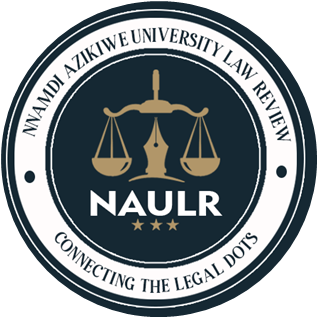BY
UCHECHUKWU ERNEST AMAEFULE
1.0 INTRODUCTION
The Covid-19 pandemic has created immense fiscal challenges for individuals, businesses, and government alike. Stay-at-home orders, business closures, and social distancing guidelines have severely impacted business income and activities, and in turn, employment and personal income. As policymakers look to the years ahead, much of the speed of the economic recovery depends on how much longer Covid-19 remains a significant public health threat. It is difficult for even public health experts to predict how long the pandemic will impact life as we know it, but even after the immediate crisis abates, the economic recovery is expected to take several years. Though there has been a decline in Covid-19 cases in recent months due to the production and availability of vaccines, with activities returning back to normal and with businesses and institutions returning back to how they operated before the pandemic, however, the damage done by the pandemic on the economy remains an indelible one that will take years to recover from only with concerted efforts from the government and the people and with far-
reaching policies and instruments brought in to cushion the harm done by the pandemic on the economy.
One major instrument for recovery of the economy in the post-pandemic era is by taxation. This paper shall examine how deploying taxation can be a viable instrument for economic recovery in a post-pandemic Nigeria whilst creating an overview of the tax administration and regulations in Nigeria. In the final analysis, this paper shall provide a veritable tool for economic recovery and consequent growth in post-pandemic Nigeria through taxation as a channel.
